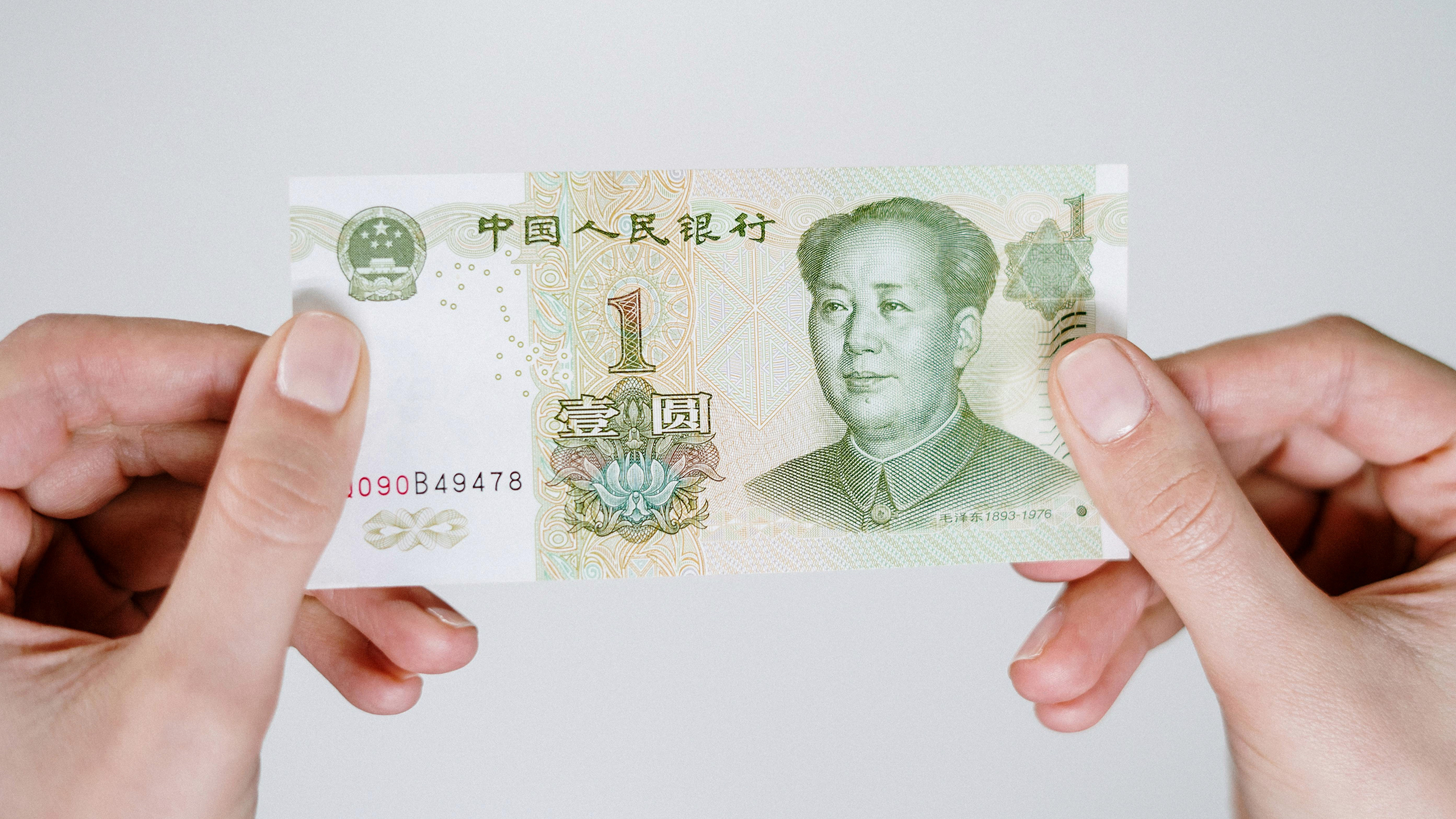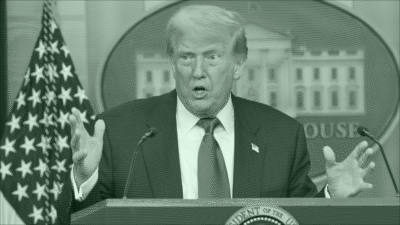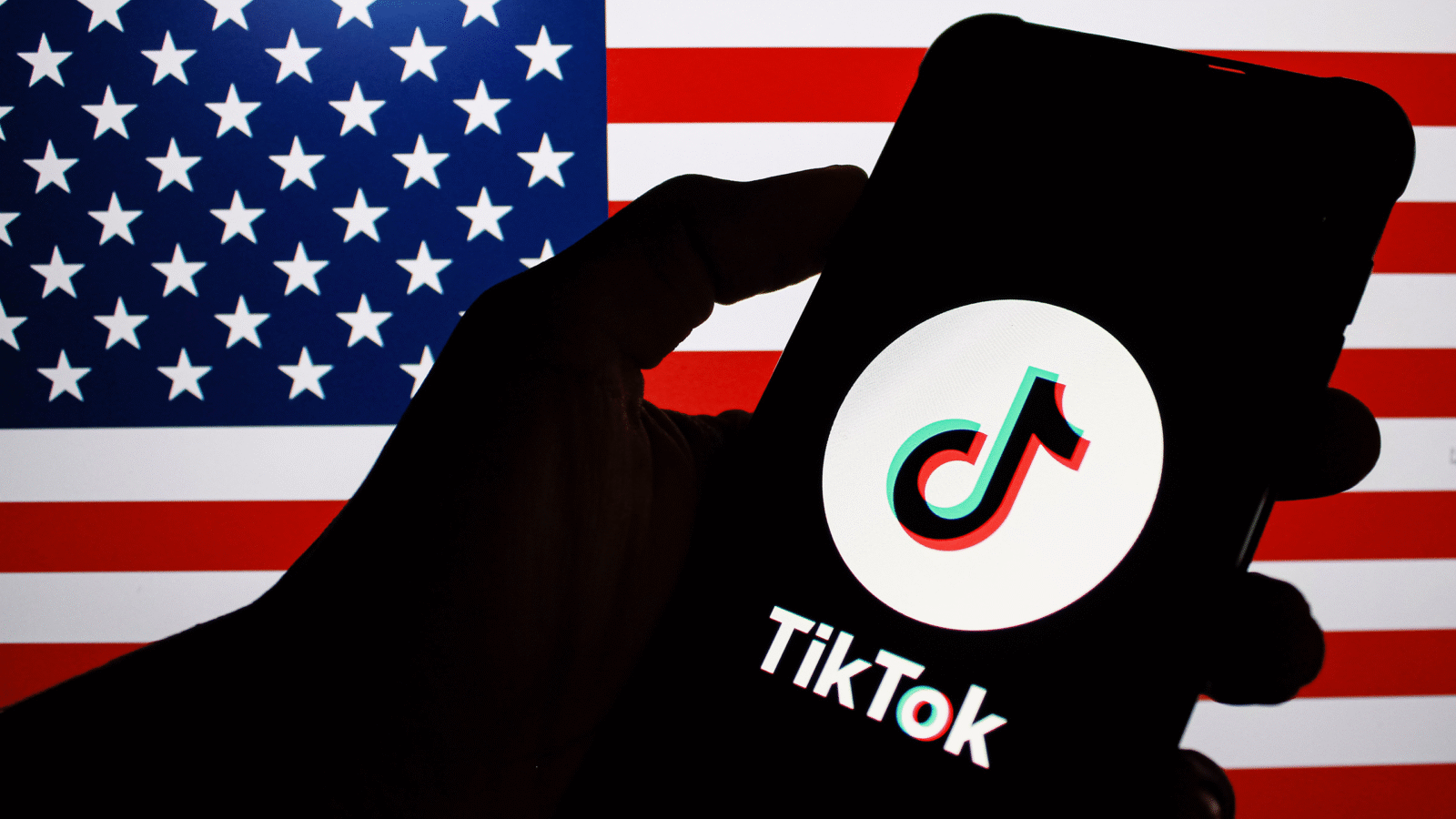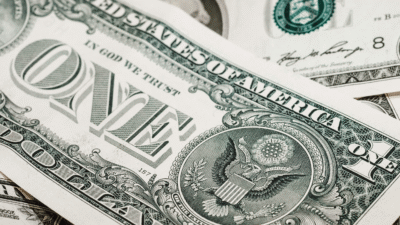Girding for a Trade War, China is Reportedly Considering Weakening Its Currency
Call the considerations, which could have knock-off effects on global currency markets, a yuan-sided argument.

Sign up for smart news, insights, and analysis on the biggest financial stories of the day.
Chinese authorities are discussing whether to weaken the country’s currency in advance of a heightened trade war with the US, Reuters reported Wednesday.
Call the considerations, which could have knock-on effects on global currency markets, a yuan-sided argument.
Yuan Small Step
Since 1997, the yuan has had a currency peg, first against the US dollar and, since 2005, against a basket of currencies based on China’s trading volume with foreign countries. The currency is not allowed to float more than 2% above or below a fixed level set every morning. The end result is a currency that’s lower than the currencies of other countries, making buying Chinese exports attractive and powering the country’s economic growth.
But President-elect Donald Trump is threatening as much as a 60% tariff on Chinese imports to the US, which could deal a major blow to the currency imbalance. If China lets the currency — which Communist Party officials have publicly pledged to keep stable — depreciate, that would theoretically make Chinese goods cheaper to global buyers. The downside would be tempting other nations to impose their own tariffs and denting Chinese stocks and bonds as domestic companies grappled with falling purchasing power. Essentially, they’d be playing a game of yuan some, you lose some:
- The US Dollar Index rose 0.29% to a two-week high Wednesday. The offshore yuan — that’s the value of the currency when it’s traded abroad — fell as much as half a percentage point to 7.29 per dollar before recovering some of its losses, with Reuters citing three officials who said China is considering a 7.5 yuan-to-dollar level.
- The two biggest economies in the world jostling would have knock-on impacts all over. The Australian dollar, which often fluctuates with the yuan because China is an important export market, hit a three-year low Wednesday, the country’s national broadcaster reported. Other Asian currencies, like the Japanese yen and the Malaysian Ringgit, have often felt the pull of the yuan, although less so in recent years, and so they, too, could be bracing for a recalibration of purchasing power.
The Dating Game: Since Trump’s election, the dollar has been gaining steam and, on Wednesday, one company revealed its own struggles with the emboldened greenback. Shares in Match Group, which owns dating apps Tinder, OkCupid, and Hinge fell 5.6% after missing Wall Street forecasts. The value of revenue from outside the Americas, which makes up 40% of Match’s total, was “unfavorably” impacted by the stronger dollar.











